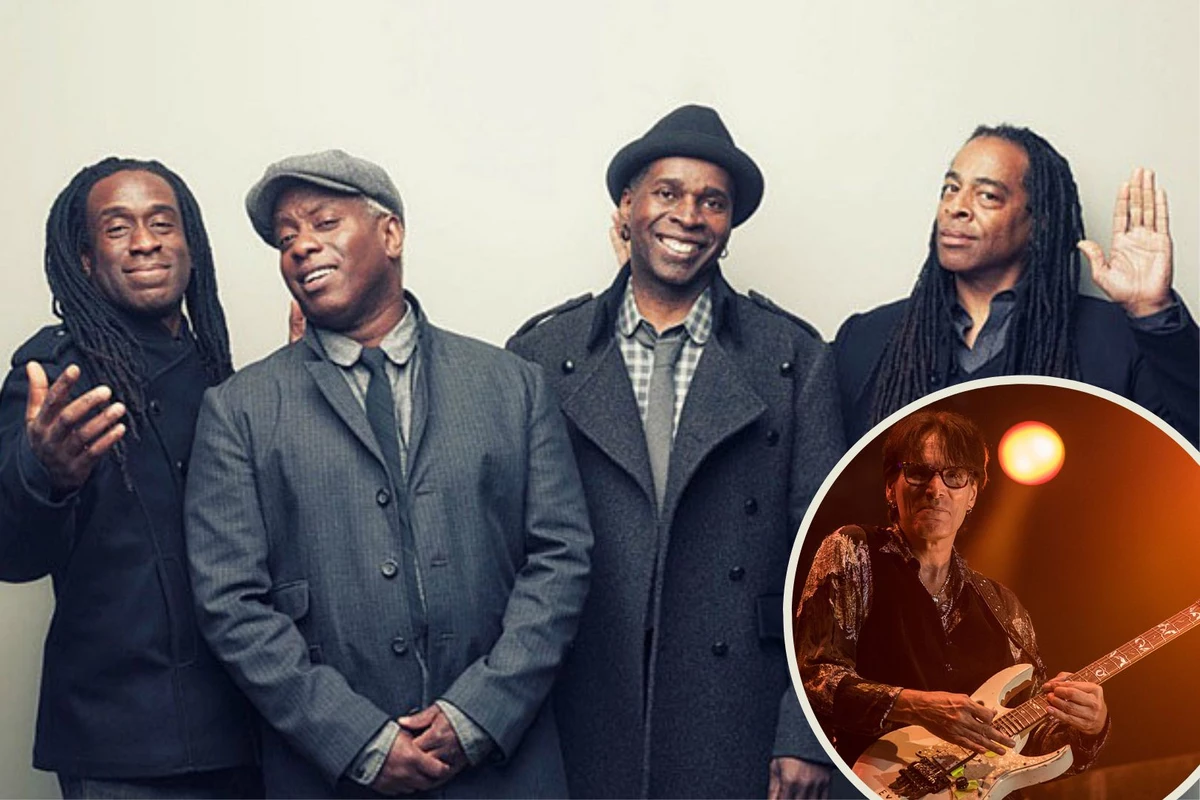BigHit Music, the South Korean record label, says it is going after “malicious postings” related to K-pop supergroup BTS – and is looking to fans to supply intel to aid in the crackdown.
On June 29, BigHit released a note on social networking platform Weverse warning that the company had recently filed “additional criminal complaints against postings with personal attacks and defamation,” using new information provided by fans and collected through its own monitoring activities.
The Weverse note came two weeks after BTS shook up the pop music world by revealing that the seven-member boy band was taking an indefinite break to pursue solo projects. The group’s fan group, known as ARMY, has lashed out on Twitter against journalists in the U.S. for their portrayals of the group’s break, which was originally translated by BigHit parent company HYBE as a “hiatus” on the video of a dinner where band members discussed the issue. (“We’re going on a hiatus now,” Suga said in Korean.)
While ARMY is well-known for criticizing online posters who make unflattering comments about BTS, toxic cyberbullying is real in Korea — and has been attributed to several high-profile suicides, including in the K-pop world.
BigHit says that one poster uploaded posts containing “insults against [BTS]” using dozens of different IP addresses on DC Inside, a South Korean internet forum. “We have been monitoring these types of malicious postings and filed criminal complaints against the poster for all the postings with malicious comments,” the company said.
The label says it has found other defamatory postings with “extremely malicious and delusional content” and initiated legal proceedings against the posters. “The complaint we have filed includes platforms not mentioned in this notice and we would also like to inform you that we cannot reveal every detail of the content of the complaint to ensure a proper investigation.”
BigHit described their Weverse note broadly as an “update” on its activities to protect BTS. “Our company regularly initiates legal proceedings against perpetrators of malicious activities related to BTS, including defamation, personal attacks, sexual harassment, the spread of groundless information, and ill-intentioned criticism,” the label said.
The company has refused to settle cases, noting that “the accused of an ongoing investigation recently attempted to settle the case but there will be no settlement nor leniency… our policy of no settlement and no leniency remains in effect.” BigHit urged fans to make continued use of a hotline (protect@bighitmusic.co.kr) to report any cases of abuse.
Tension Over Criminal Defamation and Cyberbullying
In South Korea, unlike in the United States (on a federal level), defamation is a criminal charge — and speaking truth is not always a defense. “Openly false facts” under South Korea’s criminal code can result in up to seven years in prison. But if the court finds that a defendant made true statements with the “intent to commit defamation” and not out of “public interest,” then a defendant can still be convicted and sentenced to up to three years in jail or a fine.
Criminal defamation creates an atmosphere of constrained expression. A defamation law like South Korea’s, which “does not adequately distinguish between truth and falsehood, can act as a powerful tool of repression,” says Pen America, a free expression advocacy organization. International groups like the United Nations Special Rapporteur on Freedom of Expression have repeatedly called for decriminalization of defamation around the world because of how it can limit free speech.
In the entertainment world, the threat of defamation charges has often led South Korean media outlets and blogs to self-censor – with gossip publications withholding celebrity names when they report on salacious news. And in recent years, following high-profile suicides, news portal sites have removed the comment sections only for entertainment stories.
Despite more protective laws for targets of potentially defamatory speech, South Korea has been under pressure to crack down on cyberbullying after a series of high-profile suicides.
In 2019, actress and singer Sulli was found dead at 25 after receiving online abuse for years. She rose to prominence as a member of girl group f(x), beginning as a trainee for K-pop company SM Entertainment, and later became known for her outspokenness about her struggles with mental health issues, cyberbullying and even her romantic relationships.
After taking a break from music in 2015 to focus on acting – SM Entertainment said in 2014 that she was “suffering physically and mentally from malicious and untrue rumors spreading about her” – she hung herself on the second floor of her home in Seoul.
The suicide prompted several celebrities to call for better support for those in the K-pop industry.
Then this February, influencer Cho Jang-mi, 27, known as BJ Jammi on YouTube and Twitch, was found dead at her home, with a person claiming to be an uncle writing on Twitch that she had been suffering from severe depression due to online hate speech “and rumors,” Korean news agency Yonhap reported.
Cho had been accused of making a hand gesture in one of her videos implying she hated men; she had appealed for bullying that branded her a “man-hater” to stop.
Her death came a day after Kim In-hyeok, a 28-year-old professional volleyball player, was found dead. He had pleaded with people to stop sending hate comments and spreading rumors online about his appearance and supposed sexuality.
Days after news of Cho’s death, a petition was posted on the South Korean president’s website calling for punishment for YouTubers and online commentators who spread rumors or hate speech about Cho. In just a few days, it had been signed by almost 150,000 people.



























































